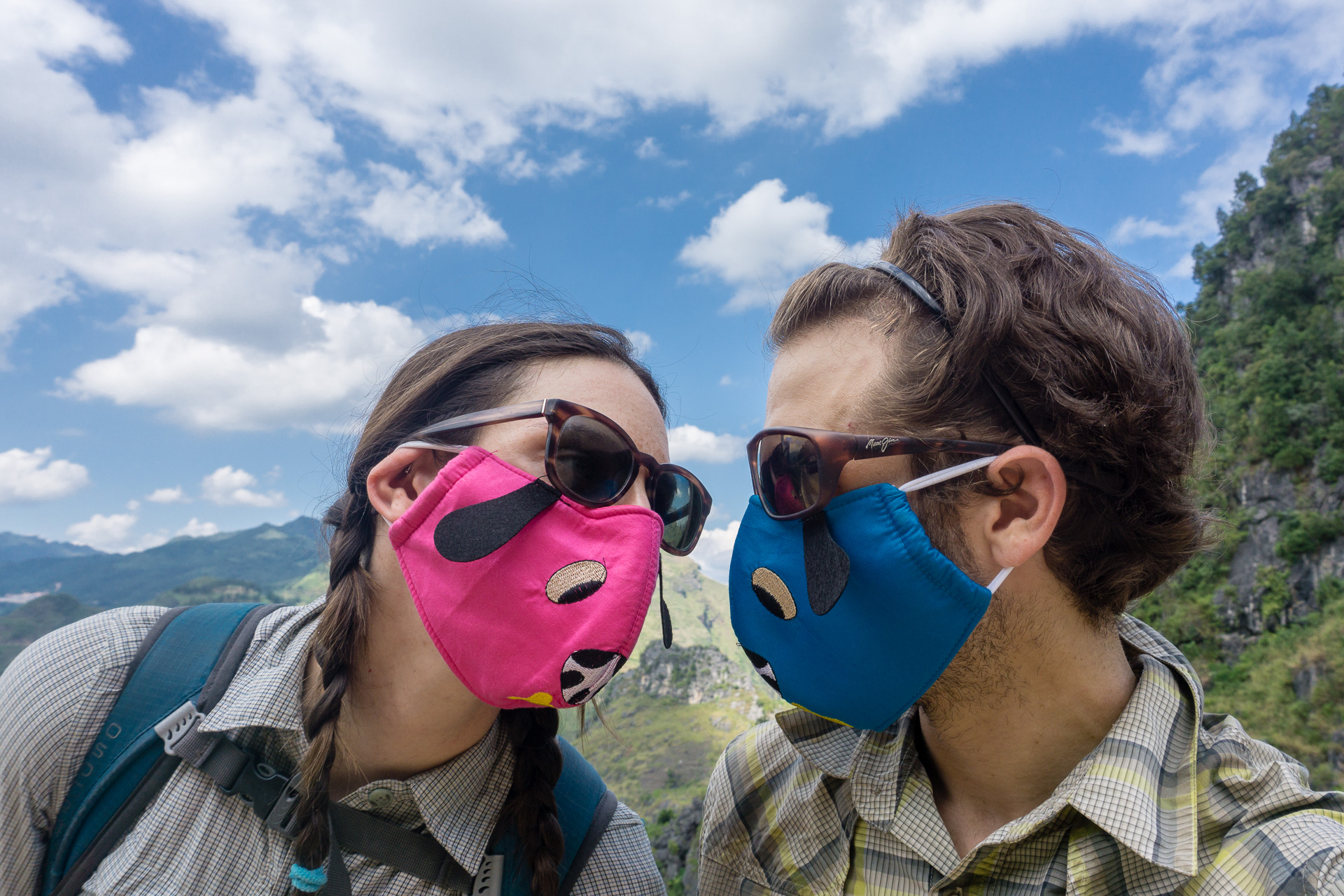Top Safety Tips for Travellers in Barcelona
/Barcelona is one of the most beautiful cities in the world, with stunning architecture, historical landmarks and some of the world's best shopping. Yet, as with anywhere, there are some risks and dangers to keep in mind when visiting the famous Spanish city, especially when Barcelona is the destination travellers are most likely to fall victim to thieves in.
1. Keep an eye on your belongings
One of the biggest mistakes travellers to any city can make is not to watch their belongings. This includes rucksacks, handbags and backpacks, which can all be grabbed. Take extra care in cafes and restaurants and do not leave your bag on the back of your chair, as thieves have been known to operate in Barcelona by grabbing bags and possessions off of tables and chairs. It is easy to think you are safe in a cafe or restaurant, and not pay attention to your belongings, but this could be a big mistake.
2. Be aware of your surroundings
Barcelona has many different neighborhoods all with their own charm and characteristics. Some areas of the city are much safer than others, especially after dark.
The safest areas are those that tourists visit less often, as thieves and scam artists target visitors. In Barcelona, these areas are L’Eixample and Gràcia, with the most crime-ridden being El Raval and the Gothic Quarter. This does not mean that these areas should not be visited, but just be extra aware of thieves and scams.
3. Dress appropriately
One of the best ways to stay safe in Barcelona is to look like a resident of the city. Locals don't often carry backpacks and rucksacks – visitors to the city who do wear them stick out in a crowd. Another easy way to appear like a local is to dress like one. Barcelona residents tend to dress relatively conservatively, especially those of the older generations. While younger generations do dress more liberally, they don't wear shorts, typically sticking to jeans and T-shirts in summer. By dressing as a local, thieves and scam artists will be much less likely to target you.
4. Watch out for scams
Always be on the lookout for scams. Barcelona is home to some very creative scam artists who have come up with many crafty ways to trick tourists and visitors.
Some of the most common scams involve one scammer distracting their victims with a question, perhaps asking for directions or to take a photo of them, while the other scammer picks their pocket as they are distracted. Another popular scam in Barcelona involves the scammers secretly squirting their victims before pointing out that they have bird mess on them and then offering to clean them up. They offer in such a way that it is almost impossible to say no, and while they clean them up, they steal their wallet, phone or other valuable items.
5. Know who to contact in an emergency and have an emergency plan
Knowing who to contact in an emergency is extremely important in everyday life, but it's even more important when visiting a new city or country. If the worst does happen and you find yourself having just been robbed or attacked, then it is extremely important that you know the local emergency number as well as the phone number and address of your embassy. Knowing who to contact in the case of a natural disaster is especially important, as is having a plan if some form of natural disaster does strike. While the risk of a natural disaster affecting your visit is relatively low, there is still a chance, with over 160 million people being affected by a natural disaster every year.
6. Take out a travel insurance policy
Travel insurance is one thing many people overlook, yet it can be really useful if the worst does happen. If you do fall victim to a scam, pickpocket, or you simply lose your belongings, then a travel insurance policy can help you recover the cost of the items you lost, meaning that you are not out of pocket.
Some travel insurance policies also cover airline cancellations or delays in case of a natural disaster or emergency, something that 21% of people find themselves worrying about. Do be aware that some of these policies come with certain conditions that have to be met. Some policies also require a checklist of items with proof of how much they cost you, e.g a receipt or order document.





